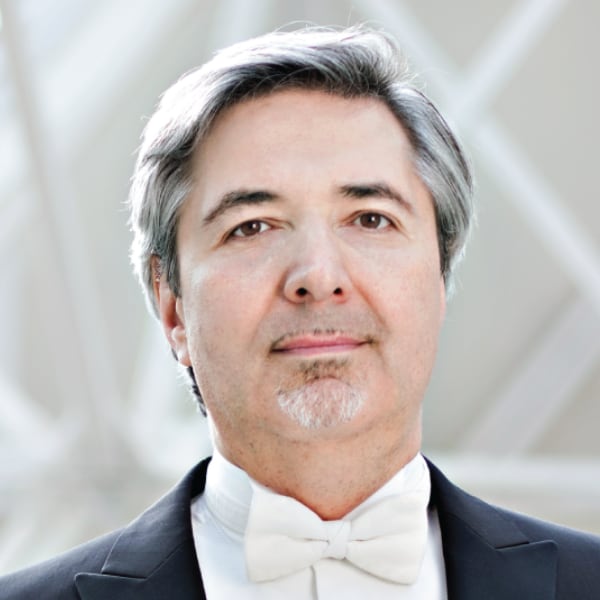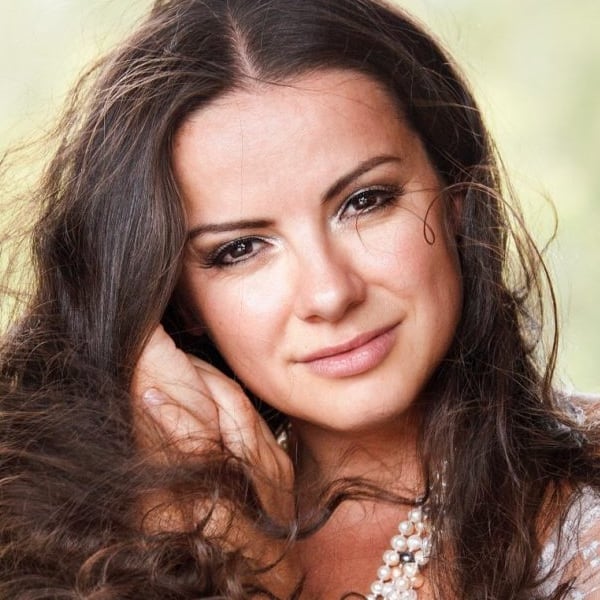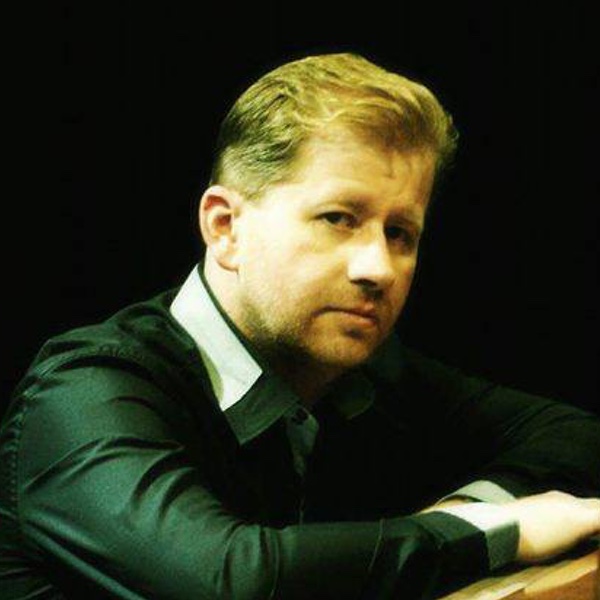Online archív Slovenskej filharmónie bol navrhnutý a naprogramovaný tímom Streamboyz. Videá sú umiestnené na serveroch občianskeho združenia Multiplace. Použitie, šírenie fotografií a audiovizuálneho obsahu tejto stránky len so súhlasom Slovenskej filharmónie. Tento web používa súbory cookies. Prehliadaním webu vyjadrujete súhlas s ich používaním. Viac informácií. Slovenská filharmónia je štátna príspevková organizácia Ministerstva kultúry Slovenskej republiky.

The Online archive of Slovak Philharmonic was designed and programmed by Streamboyz Team. Concerts are located on the Multiplace servers. Use and distribution of photographs and audiovisual content of this site only with the consent of the Slovak Philharmonic. This site uses cookies. By continuing to browse the site, you are agreeing to our use of cookies. Find out more. The Slovak Philharmonic is a state-subsidised organisation of the Ministry of Culture of the Slovak Republic.

OdkazyLinks
Team Streamboyz+ Contact
Slovak Philharmonic
Bratislava Music Festival
Johann Nepomuk Hummel International Piano Competition
Ministry of Culture of Slovak Republic Kontakt na tím Streamboyz+
Slovenská filharmónia
Bratislavské hudobné slávnosti
Klavírna súťaž Johanna Nepomuka Hummela
Ministerstvo kultúry Slovenskej republiky
1 H 42 MIN 1 H 42 MIN
Easter Concert
Štvrtok 17. 4. 2025, 19.00 hThursday, April 17, 2025, 7.00 PMCyklus D/E – Hudba troch storočí
Koncertná sieň Slovenskej filharmónieD/E serie – Three Centuries of Music
Concert Hall of Slovak Philharmonic
One of the most ardent admirers of Johann Sebastian Bach was Max Reger. He honoured Bach’s legacy especially in his organ works and in various arrangements of the Baroque genius’ vocal compositions. Max Bruch was a sought-after and successful music teacher. He devoted himself to his compositions rather alongside this activity. However, he achieved considerable success and some of his works inspired his followers, the two Musical Concertos falling into this category of Bruch's opuses. One of the great magnates of opera, Gioacchino Rossini, at the height of his fame as an opera composer, finally retired in 1829. He devoted himself to cooking and sporadically composing sacred and salon music. The works thus produced he himself described as “sins of old age”.











